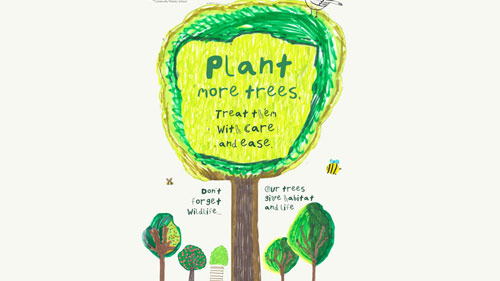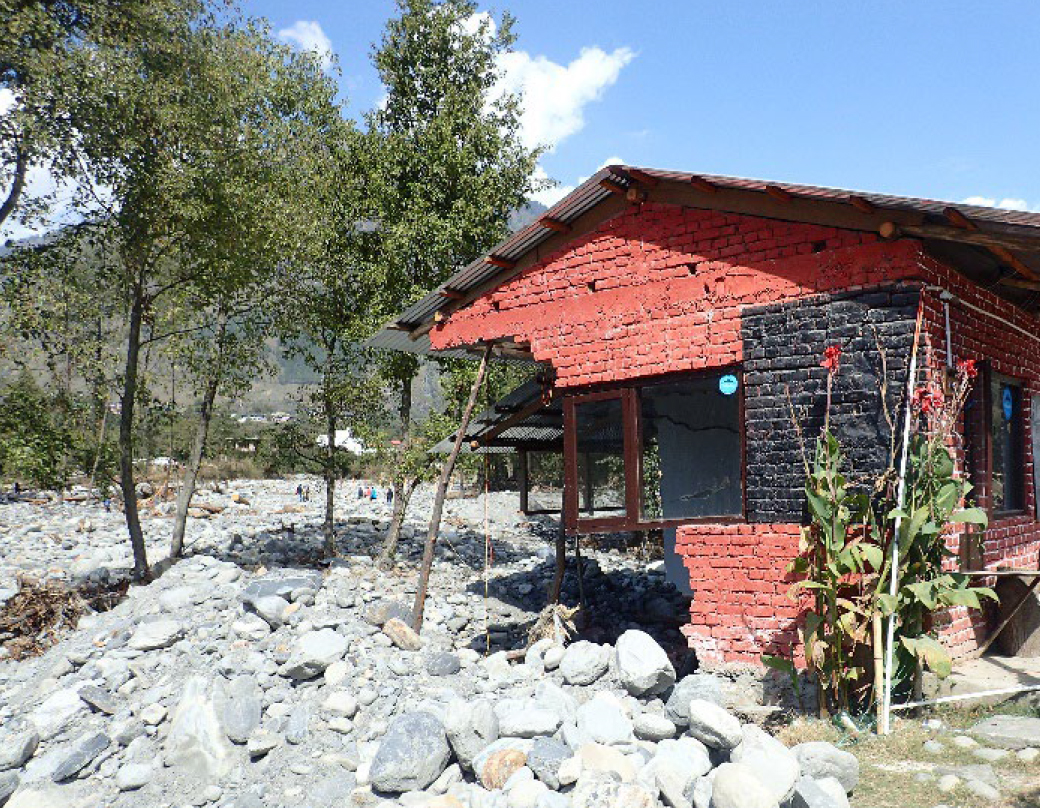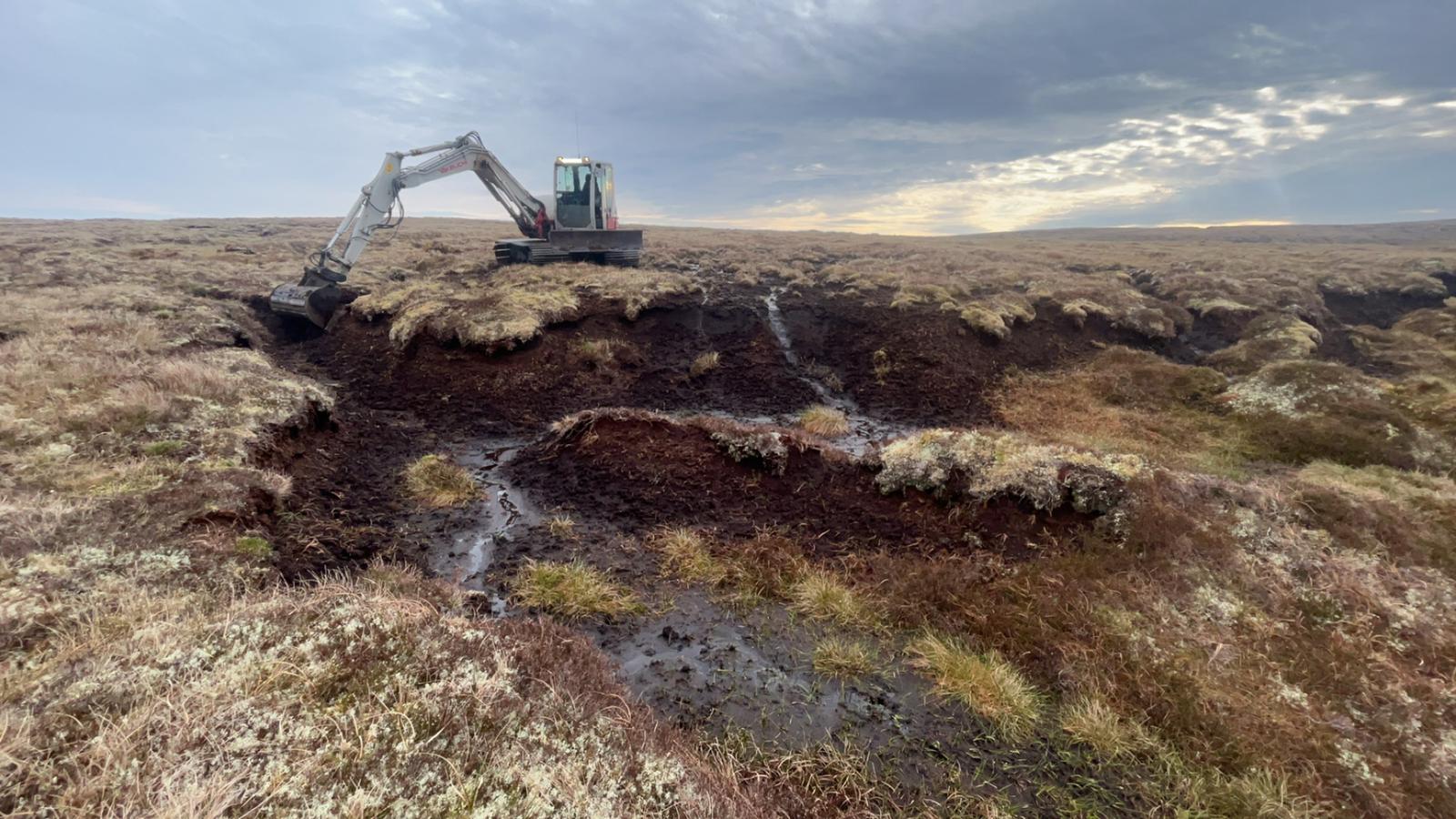
Policy briefs
The Institute of Science and Environment’s policy briefings provide an evidence base for policy makers and are developed from our research and expertise including UK land protection and conservation, disaster risk reduction, international conservation and marine mammal acoustics.

Can videogames enable greater engagement with urban treescapes?
Posted on Friday, October 10, 2025
Playing videogames to explore urban and peri-urban treescapes can inform and engage otherwise hard to reach audiences in recognising and valuing these treescapes. Being attuned to the emergent environmental and political perspectives of children through observing gameplay can improve consultation and planning for urban treescapes and positive connections between online and physical environments.

Co-producing the treescapes of the future with children
Posted on Friday, October 10, 2025
Co-production is much more than consulting with children and young people. It means being guided by their perspectives and voices to imagine and plan a future they want to live in. This policy note explores how co-production approaches can yield far richer and more useful insight within environmental policy-making and planning.

Accelerating Change: Flood Hazard-disaster Databases in the Indian Himalayan Region
Posted on Tuesday, April 15, 2025
Disaster statistics for mountain regions reveal a concerning trend of increasing event occurrence, injuries and fatalities, and socio-economic impacts. This reflects increases in population, infrastructure exposure and vulnerability, as well as increasing hazard frequency and magnitude. Amplifying future concerns are complex/contested climate change trajectories and their impact on hazard processes.

The Carbon Footprint of Peatland Restoration
Posted on Monday, September 9, 2024
Restoration of peatlands is viewed as one of the most important nature-based approaches to meet the UK’s ambitious net zero carbon and climate targets. There is significant public and private investment in restoration, utilising voluntary carbon credit markets. However, the carbon cost of implementing such restoration needs to be built into restoration design and verification using tools like the UK Peatland Code. Here we report how the choice of restoration approach has a substantial impact on the potential carbon credits that could be claimed.
